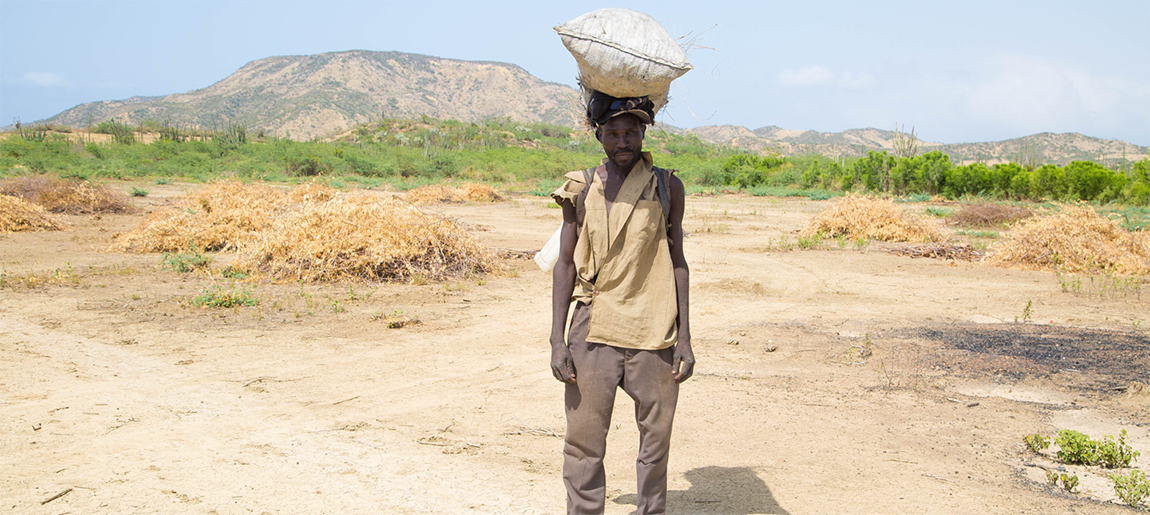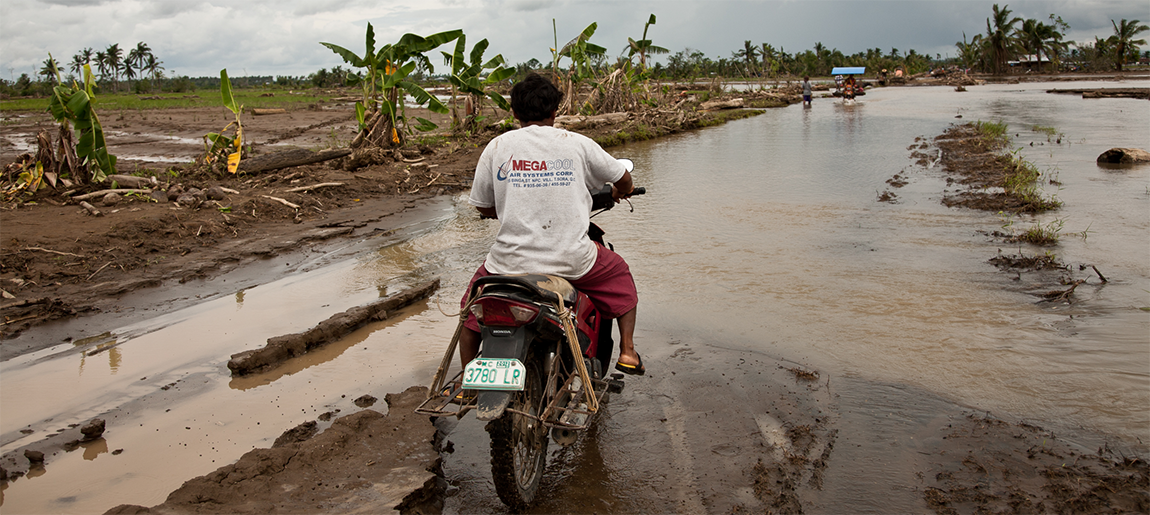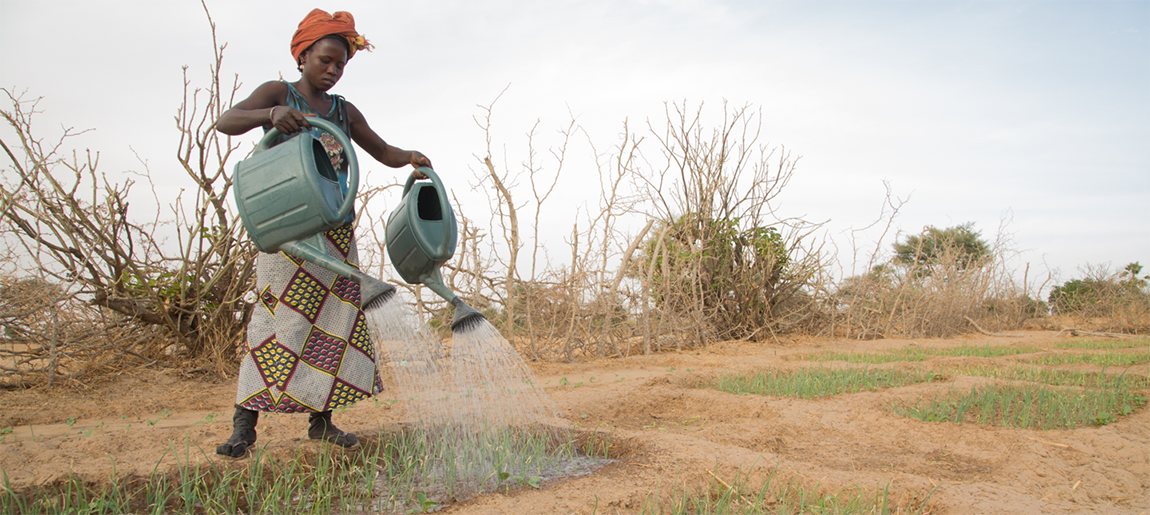Note: Heifer President and CEO Pierre Ferarri authored this post in reaction to the news that the United States will withdraw from the Paris Climate Accord.
Today President Trump announced his intention to withdraw the United States from the Paris Climate Accord.
I believe this to be terrible decision as the U.S. has a moral obligation to play a leading global role in building a low-carbon economy. Every day, we see how climate change challenges the families we work with worldwide — from coffee growers in Honduras to corn farmers in Malawi and families raising goats in Haiti. As they try to feed a growing population, they struggle to adjust to wildly changing weather and face major setbacks with every natural disaster. Continued participation in the Paris Accord and investing in a low-carbon economy are essential, not only to U.S. prosperity, but to ending hunger and poverty worldwide.

There are myriad examples of how a changing climate will have, and already is having, a negative impact on the world’s most vulnerable populations. Dramatically changing weather patterns make it harder to meet the most basic of human needs by stressing limited food and water resources. A warming planet makes it easier for infectious diseases like malaria and dengue fever to gain a foothold.
We must act quickly. Global predictions suggest that up to 2 billion people could live in chronic hunger by 2030. How much will that worsen as the climate continues to shift? Hunger is connected to poverty—which is connected to health—which is connected to the environment—and around it goes. The development community can no longer afford to look at solving the world’s most pressing challenges in isolation.
Climate change is real, but it is also actionable. We can effect positive change by recognizing and drawing on the interconnectedness of the key components of climate, agriculture, nutrition, health, and women’s empowerment. The short-term success and long-term sustainability of our work—and our world—depend on it.


